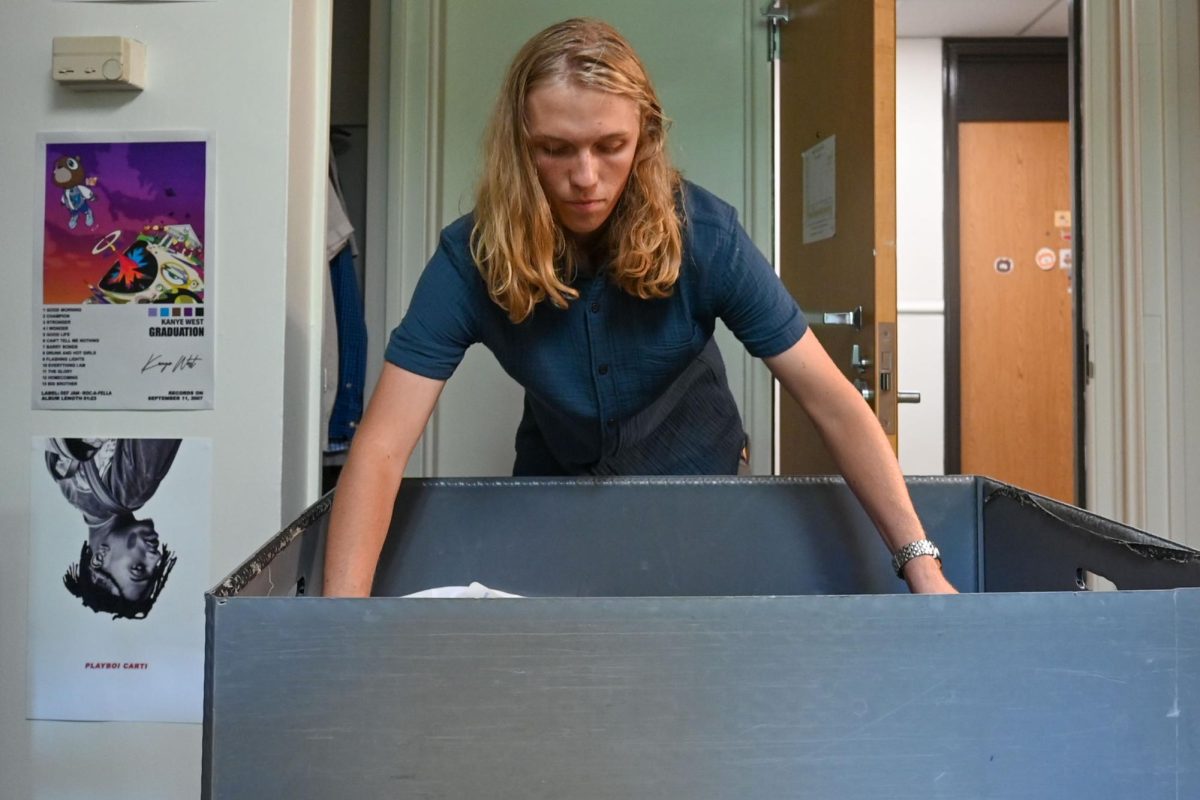Identity theft will affect millions of people this year. It is the fastest growing crime in the U.S. and can affect anybody. According to a study by the Identity Theft Resource Center, victims spend an average of 600 hours correcting their credit history, often over a period of years. Victims also spent an average of $1,400 in out of pocket expenses to resolve the issue. Identity theft could even get you killed.
Imagine if someone steals your identity, then ends up in the hospital and pretends to be you. His medical history becomes part of your medical history. If you show up at a hospital unconscious and have incorrect medical records listed in your file, doctors could kill you trying to save you. You can also be denied insurance. This is a very scary problem.
It is nearly impossible to completely guard against identity thieves, however, like most problems, the earlier you detect them, the easier they are to fix. The easiest and least costly way to monitor your information is to regularly check your account balances and to obtain your free annual credit reports.
In 2003, Congress passed The Fair and Accurate Credit Transactions Act, which entitles every American to one free credit report per year from each of the big three credit bureaus: Equifax, Experian and TransUnion. Before this law was passed, credit reports cost up to $75 each. However with identity theft on the rise, it is important that people keep up with their credit history and ensure everything on their report is accurate. These credit reports contain your payment histories, any loans you have in your name and your credit score. Your credit score is basically like a grade on how well you pay your bills and how you use credit. Making sure the information on your report is correct not only helps you detect identity theft, it can also save you money.
Your credit score is used to determine the interest rate you are charged on home loans and car payments. It is also used to determine if you are eligible for a credit card and if so, the interest rate the credit card company will charge you and your credit limit. When you apply for a lease, the rental agency checks your credit score. Even when you signup for a cell-phone plan or other utilities, they check your credit rating. Having a poor rating means higher interest rates and possibly higher monthly fees, which can have a large impact on your wallet. This is why it is vital to ensure that the information on your credit report is correct.
Since you can get three free reports per year, stagger them out and receive one every four months. This is an easy way to monitor your credit record for free. Credit bureaus charge between $25 and $150 a year to monitor your record, but obtaining your report for free every four months is just as effective. You will be glad you checked — 33 percent of the free credit reports ordered since September had an error in them.
When you receive your report, look for any strange addresses or unfamiliar charges. Investigate anything you are not sure about. If you suspect that you may be a victim, you have the right to a 90-day fraud alert that warns any lender to contact you before granting credit in your name. This service is free and is a great way to catch identity thieves in the act. Call any credit bureau to use this service. Detecting the problem early can save you hundreds of dollars and hours of time down the road.
To obtain your free credit report, go to annualcreditreport.com (NOT freecreditreport.com) or call 877-322-8228 for a written copy of the report. Freecreditreport.com may have a catchy jingle, but if you do not want to get screwed, DO NOT order it from this Web site. Sure they will send you your free credit report, but by sending it they automatically enroll you in their credit monitoring program and begin charging you $12.95 a month for this service if you do not cancel within the first 30 days. If you do not pay, guess what? They will probably lower your credit score.




